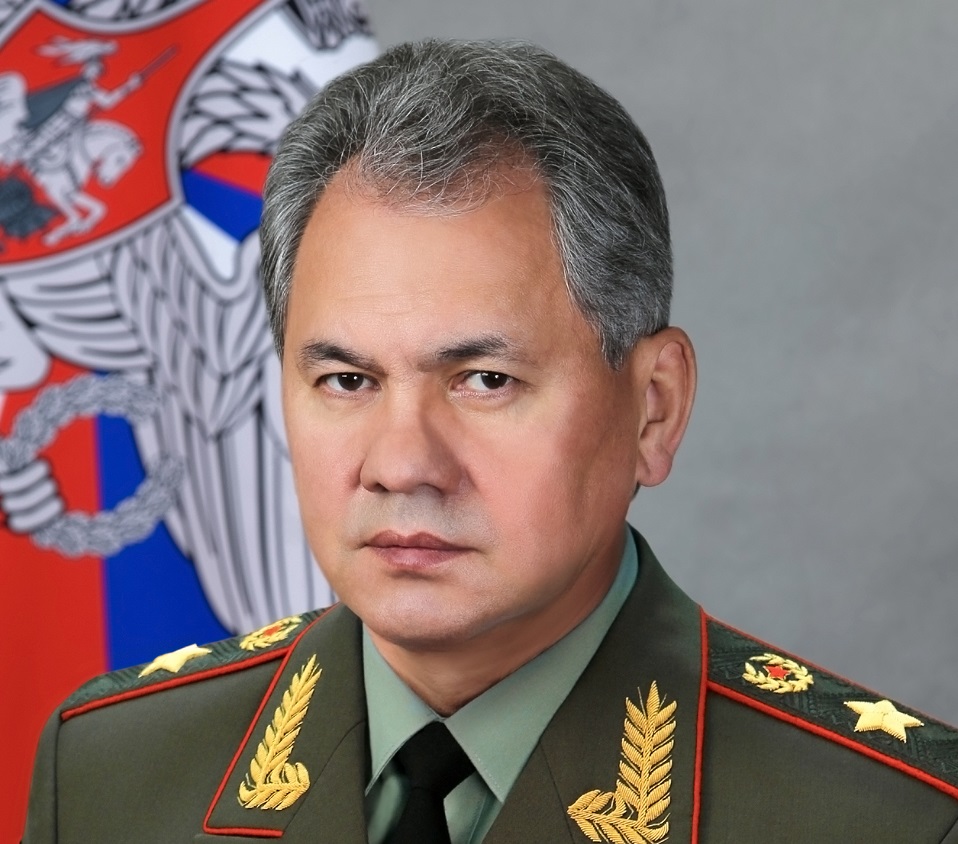Russia against Central Asian NGOs
Defence Minister Šojgu - lashing out against those who oppose Moscow's presence "in countries traditionally our friends" - equates Isis terrorists and large pro-Western NGOs. While Kyrgyzstan approves a law "on non-commercial organisations" that is a photocopy of the Russian one and puts foreign financing in the crosshairs.
Moscow (AsiaNews) - Russian Defense Minister Sergei Shoigu railed during a meeting of the Defense College in the Kremlin against Central Asian NGOs, guilty in his opinion of "continuously increasing hostile activities against Russia", especially in the "creation of new initiatives and structures aimed at discrediting and countering the Russian presence in countries traditionally our friends". According to the Russian defense chief, the situation in this region is "very delicate", recalling the contemporary threat of the Afghan Taliban and ISIS terrorists, to which he equates the works of non-governmental organizations.
Šojgu recalls that "over 100 large pro-Western NGOs operate in these countries, which have more than 16 thousand representations and branches, which aim to weaken the technical-military, economic and cultural collaboration with the Russian Federation, against the background of the operation special military, and we have to do something." The minister is in some ways a specialist in the sector, having already held the role of head of civil protection in Russia since Yeltsin's time, and in the early Putin years he dedicated himself specifically to the "liberation" of Russia from the many assistance and volunteering supported and financed by Westerners, considered a danger to the security and internal stability of the country. Today Shoigu is one of the main Russian figures "sanctioned" by the West.
Now it is not clear what type of initiatives the Russians intend to pour into these realities, in foreign countries such as those of Central Asia, although still very tied to Moscow. According to the Norwegian councilor of the Helsinki Committee Ivar Dale "to lump together humanitarian activists with terrorists is a ridiculous statement, which does not deserve to be commented on". According to the expert, speaking of the effects of Shoigu's pressure on Kyrgyzstan, "in Bishkek they understand very well what he is talking about", as the organizations he attacks against "do not work against Russia, but in defense of human rights , and Russia is precisely one of the countries where these rights are systematically violated."
The Helsinki Committee analyzed in a recent report the flow of sanctioned items, which reach Russia via Kazakhstan, Kyrgyzstan, Armenia and other countries. This information was transmitted to Brussels, discussed with the authorities in Kiev and the former Soviet CIS countries. Dale states that “we are pleased that civil society in Europe and Kyrgyzstan are in dialogue with the aim of identifying the gaps in the network of the sanctions regime”. Today, however, he is worried about Bishkek's attempt to impose a law "on foreign representatives" similar to that of inoagents in Russia, and it is clear that "Moscow is behind this much discussed law".
On February 22, the Žogorku Keneš, the Kyrgyz parliament, approved another law "on non-commercial organizations", linked to the one on foreign representatives, which could greatly limit the activities of associations operating in the education and training sector, touching on delicate issues such as gender equality and many other social issues, despite the formal assurances of the authors of the law. According to political scientist Emil Džuraev, Shoigu's words demonstrate "coincidentally or intentionally" Russia's interest in this debate within Kyrgyz society, even without naming the bills.
The Adilet legal analysis institute in Bishkek confirms that "the law currently under discussion is 98% similar to the Russian one", approved in Moscow in 2012 and made increasingly stringent in subsequent amendments, and which concerns any non-commercial activity that exploits foreign funding , even more so if it carries out activities of social and political importance. Jurists observe that in this punitive approach it is not specified which criteria identify dependence on foreign sources, which gives local authorities wide discretion in the application of restrictive measures, affecting every type of activity up to those of charitable assistance or environmental and ecological care.
In addition to Kyrgyzstan, repressions against "foreign agents" develop to varying degrees in all Central Asian countries, even without explicit laws as in Kazakhstan, and with initiatives of different levels in Uzbekistan, Tajikistan and Turkmenistan, always with great push by Russia to “defend friendly countries from invasion.







.png)










